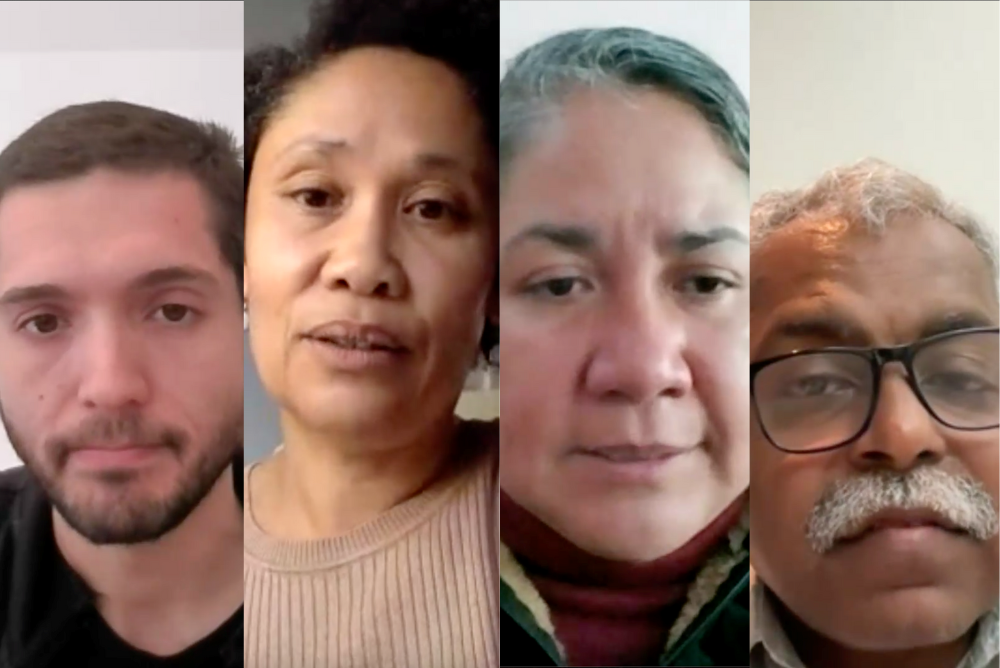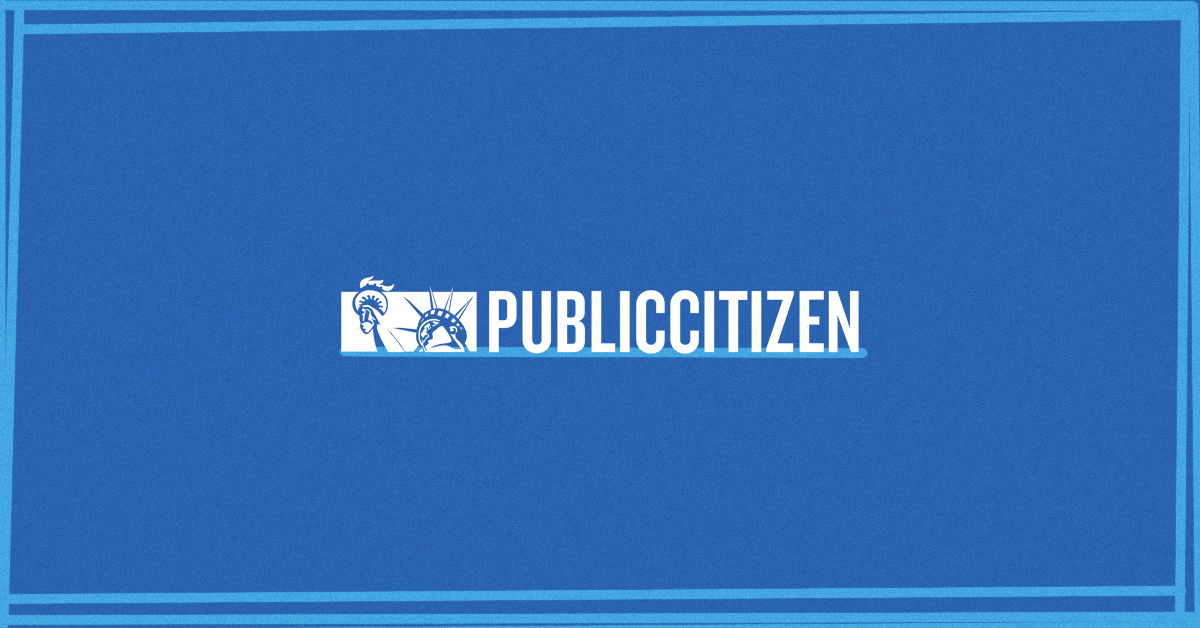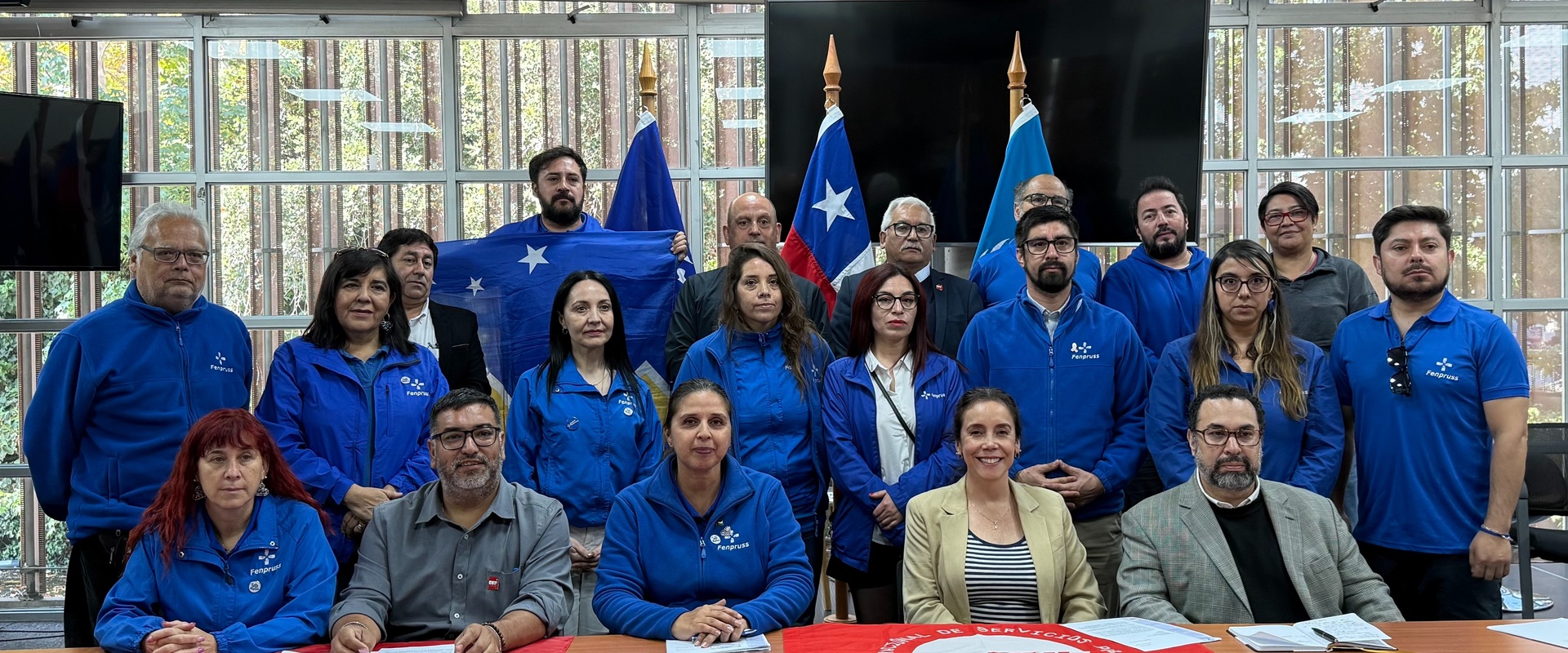Bulletin #100: Four years of People’s Health Dispatch

This fortnight
As we mark four years and 100 issues of People’s Health Dispatch, we remain dedicated to reporting on grassroots struggles for health justice, the political economy of health, and global solidarity. From the beginning, our goal has been to amplify the voices of those fighting for the right to health – from health workers in occupied Palestine to Public Pharma campaigns to underfunded public systems around the world.
As we move into the next chapter of this bulletin, we do so with renewed commitment to documenting resistance and building solidarity across borders. Thank you to everyone who has read, shared, and supported People’s Health Dispatch over the past four years. Here’s to continuing the struggle – issue by issue.
In this edition, we report once again on warnings from international organizations about a full-scale famine likely to hit the Gaza Strip before the end of the year, driven by Israel’s genocidal war. While experts call on Western governments to move beyond empty statements and take real action, grassroots pressure continues to build. Activists worldwide are pushing for a full arms embargo and the severing of economic and trade ties with Israel.
Among those mobilizing are health workers in France who, drawing on their experience volunteering in Gaza’s hospitals, have launched a hunger strike and are touring European cities to raise awareness. They are joined by Belgian activists, student organizers, trade unionists, and health campaigners who recently returned from a solidarity visit to the West Bank, where they witnessed the impacts of occupation firsthand.
In Zimbabwe, nurses are living in conditions of extreme poverty, struggling to afford housing, education, and even food. The Zimbabwe Nurses Association is demanding urgent action to improve the working and living conditions of health workers and safeguard people’s access to care, warning that without change, further emigration of health staff is inevitable.
Meanwhile in Colombia, corporate and political opposition is pressuring against a proposed healthcare reform aimed at expanding access and reducing the influence of private intermediaries. And in the United States, the Trump administration is threatening to dismantle childcare programs, pushing people out of the workforce and likely creating long-term risks for women’s and children’s health.
In focus: Health in Palestine
Experts say Gaza needs more than statements to survive Israel’s brutal blockade
New reports warn that famine is likely to spread across Gaza by the end of September, as Israel’s blockade and attacks continue
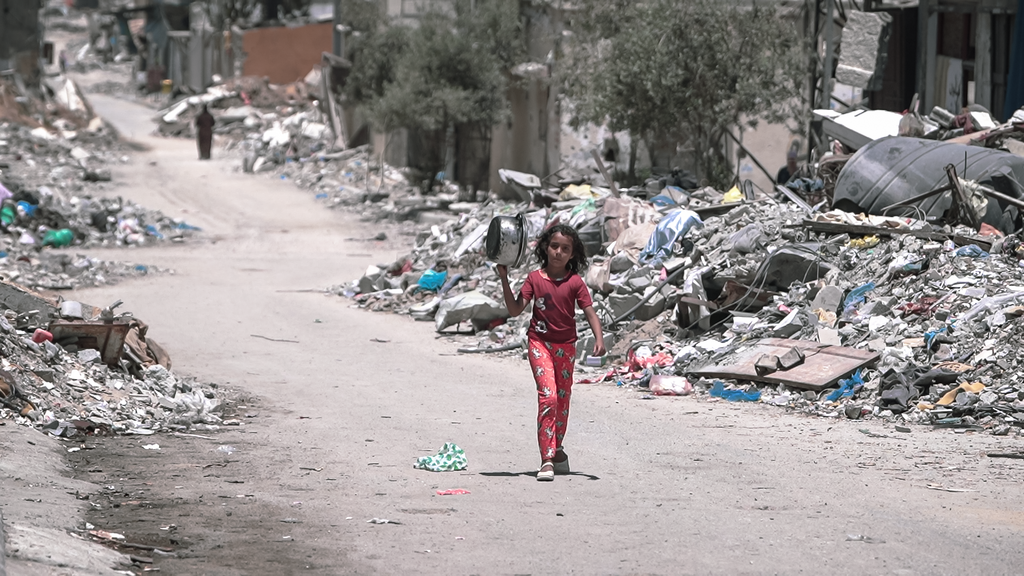
Health conditions for children in Gaza “desperate” as blockade continues
Tens of thousands of children in Gaza are starving under Israel’s latest blockade, while Western governments watch on, WHO officials and aid activists warn

Belgian activists confront reality of occupation during West Bank visit
A week-long visit to the West Bank has strengthened Belgian activists’ commitment to intensifying solidarity initiatives with Palestine
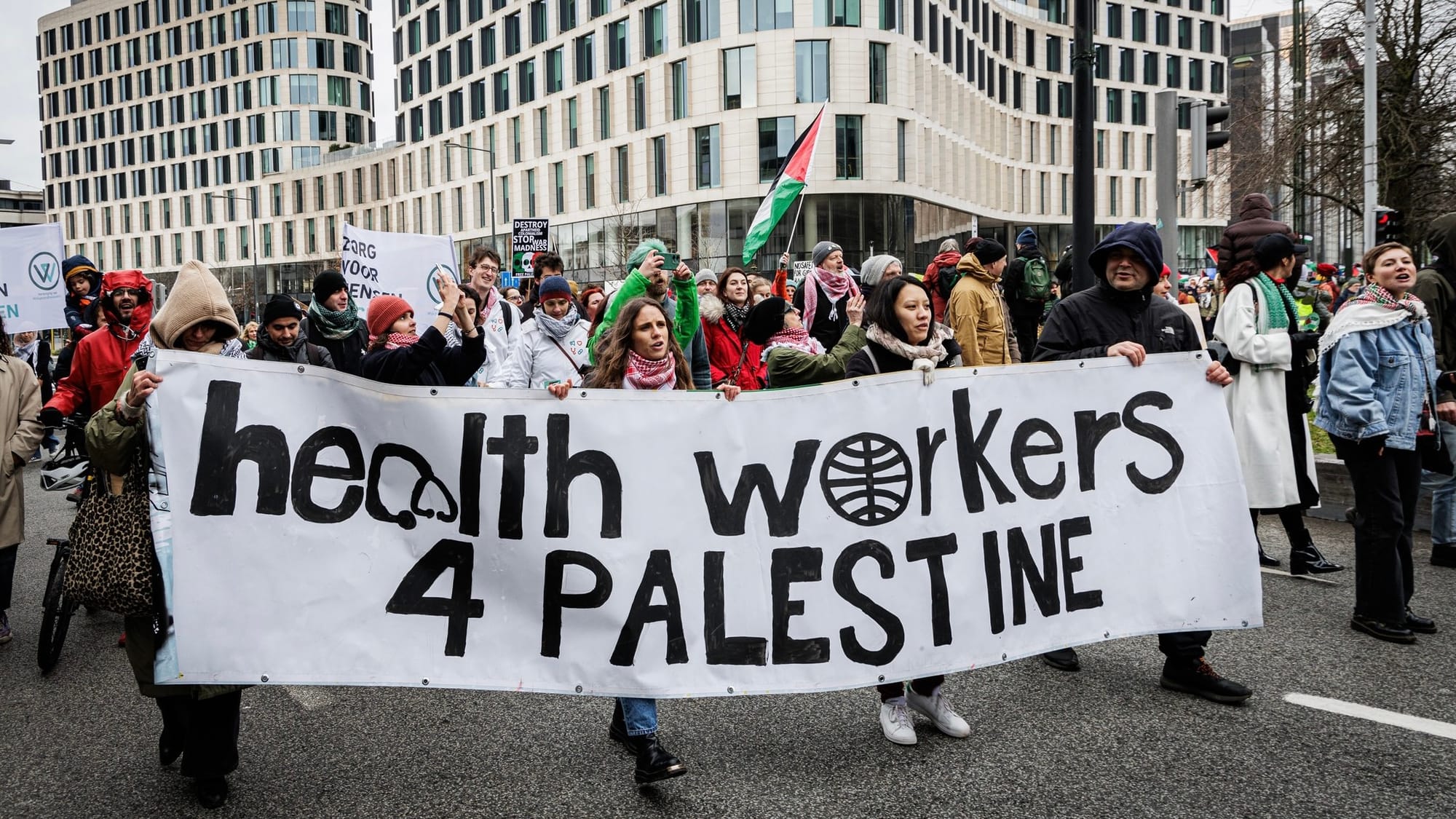
Medics on hunger strike against Gaza genocide reach European Parliament
A group of medics protesting the genocide in Gaza through a hunger strike met with European parliamentarians
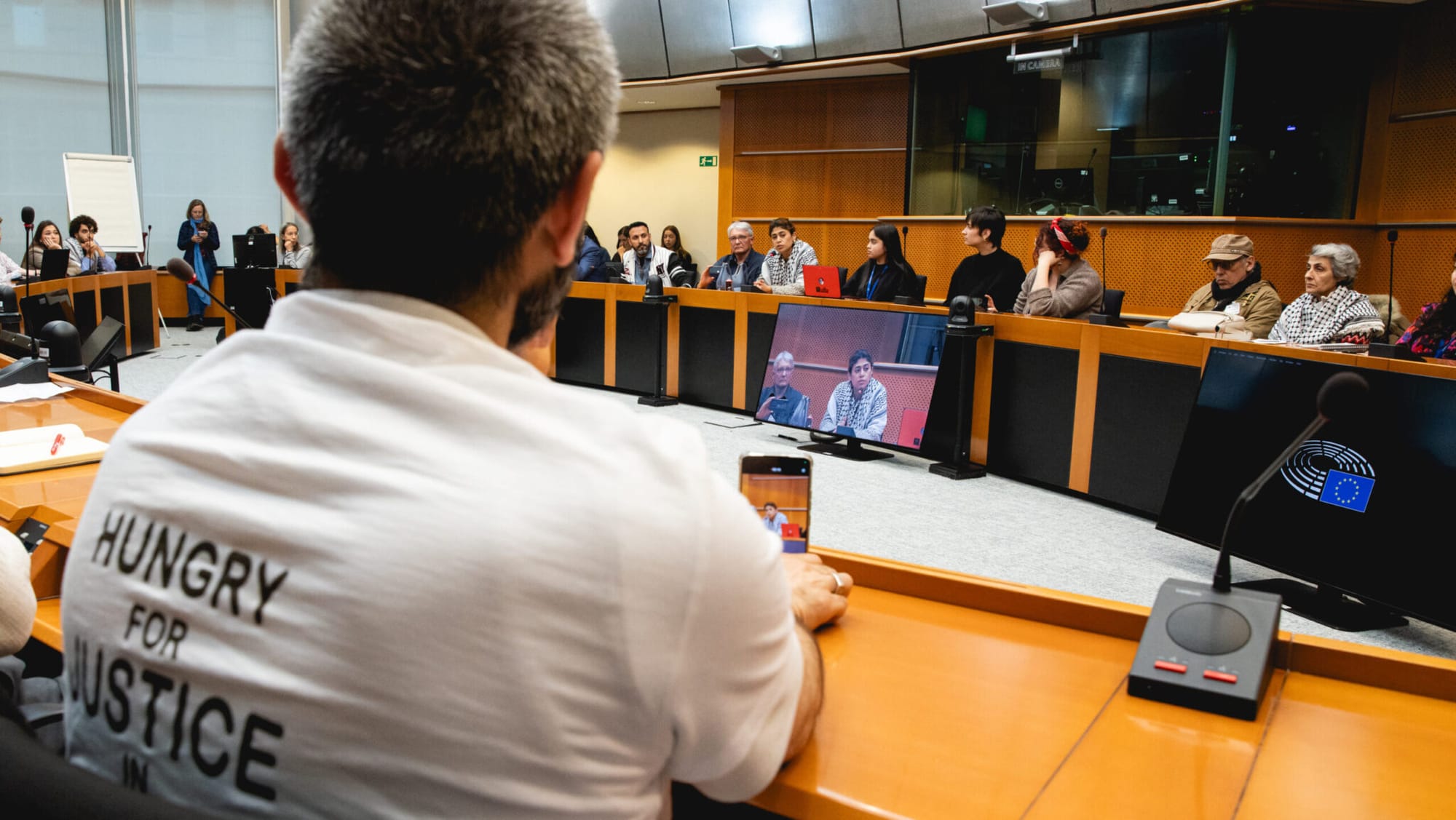
Featured articles
Zimbabwe’s nurses are “living in abject poverty, unable to afford basic necessities”
A monthly income below the poverty datum line has “rendered our nurses incapable of sending their children to school, buying clothes, affording food, or even securing transport to work,” complained Enock Dongo, president of the Zimbabwe Nurses Association

How private interests are undermining health reform in Colombia
As the Colombian government pushes to build a public healthcare model, private companies are blocking reforms and restricting access to treatments
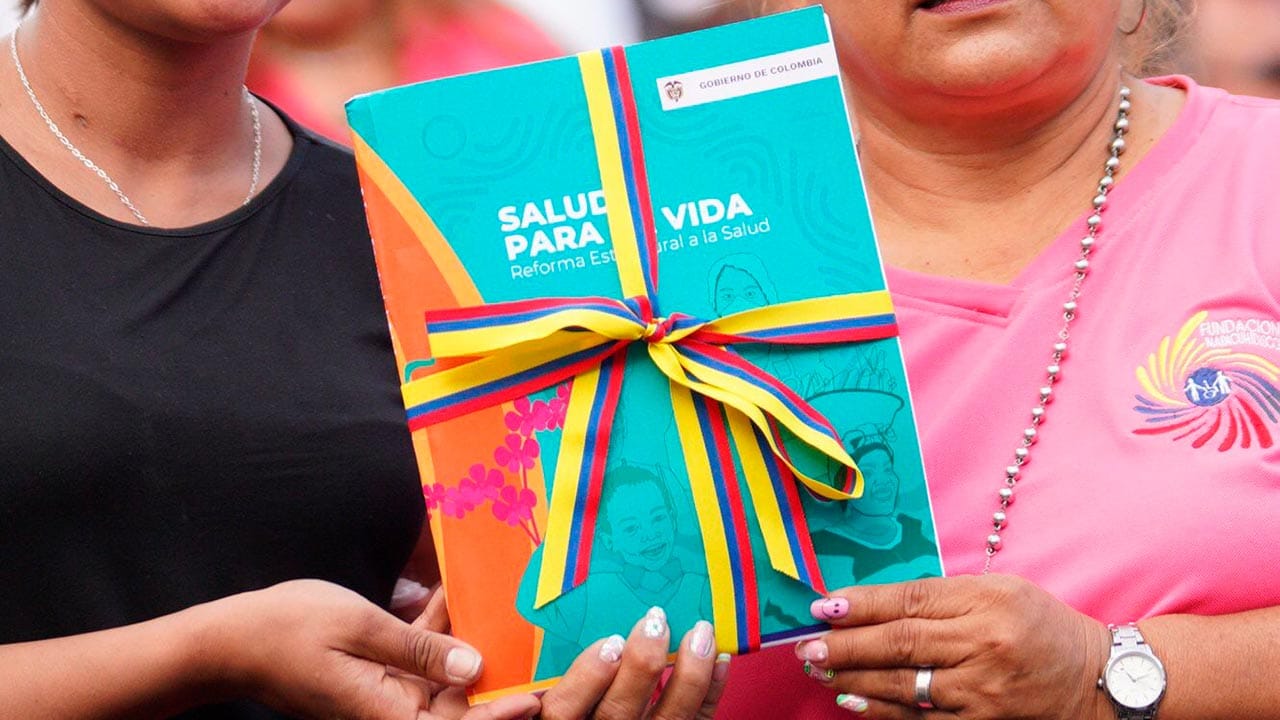
US right seeks to gut childcare programs while pushing to increase birthrates and return to traditional family structures
Republican politicians are pushing policies to allow parents to stay at home instead of entering the workforce. What does this mean for the position of women in society?
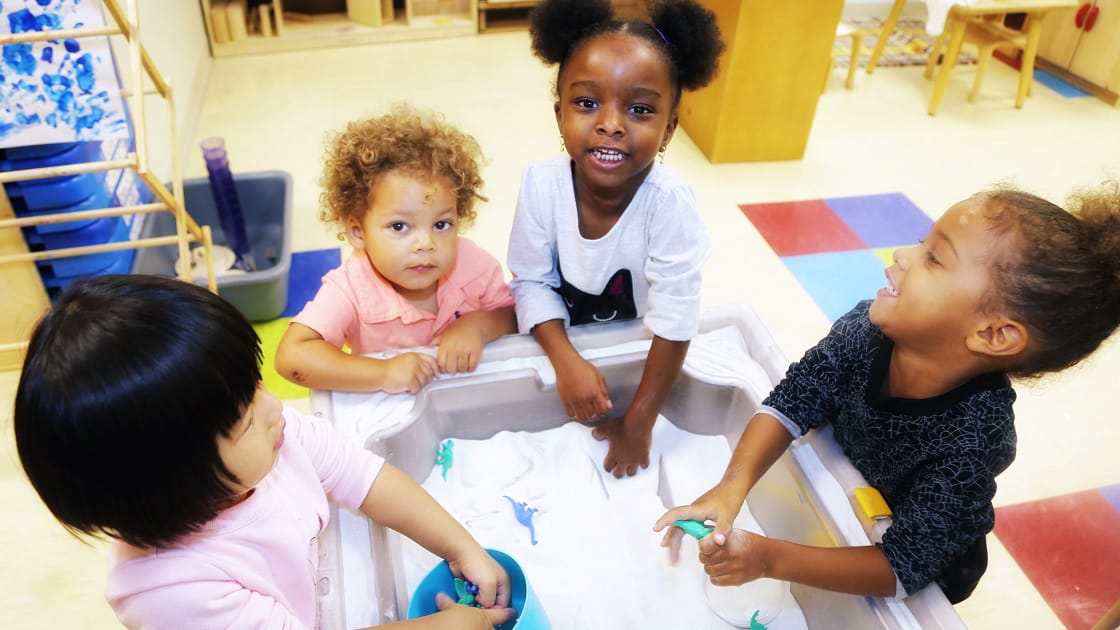
In case you missed it
